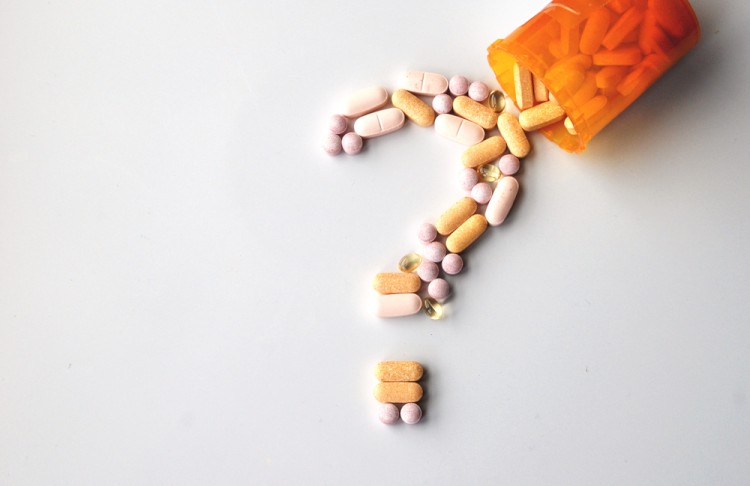William asked
Does Effexor XR raise you PSA number? I’m taking 150 mg and it’s new to me. My rise in PSA is also new since being on Effexor. My trips to the bathroom have been more frequent and more urgent.
At a glance
- Effexor is associated with an increased risk of prostatic disorders, such as prostatitis, enlarged prostate, and prostate irritability, all of which can cause an increase in PSA levels. This may be due to its actions on the neurotransmitter norepinephrine.
Answer

Effexor XR (venlafaxine extended-release) can affect the prostate but is not directly associated with increased PSA (Prostate-Specific Antigen) levels.
There is a correlation between elevated PSA levels and prostate cancer. However, cancer is not the only reason that PSA levels may be increased (1). Other reasons your PSA may be elevated include:
- Age
- BPH (benign prostatic hyperplasia)
- Inflamed prostate
- Concomitant medications
- Various medical procedures (e.g. rectal exam)
The prescribing information for Effexor lists 'prostatic disorder' as a 'frequent' side effect of the medication. Specifically, it is linked to:
- Prostatitis
- Enlarged prostate
- Prostate irritability
The above could certainly cause increased PSA levels. However, there is a lack of documented cases in which Effexor has been definitively linked to increased PSA levels specifically.
One case study reported on a male complaining of symptoms of prostatism after initiating therapy with Effexor.
However, PSA levels in the individual remained normal:
References
- Effexor XR Prescribing Information. AccessFDA
- Venlafaxine-induced prostatism: a case report. Psychiatry and Clinical Psychopharmacology
- Evaluating Men with Benign Prostatic Hyperplasia. PubMed
- Lipitor Prescribing Information. Access FDA
- Grapefruit Juice and Statins. PubMed




